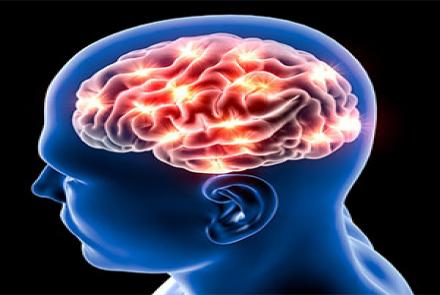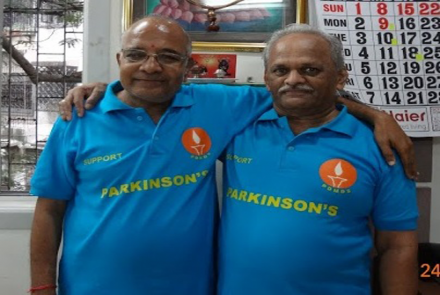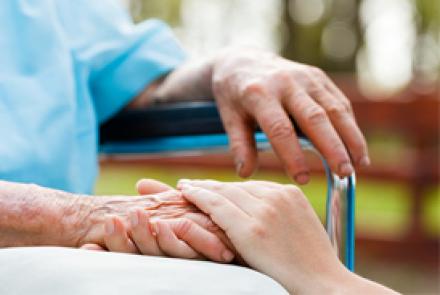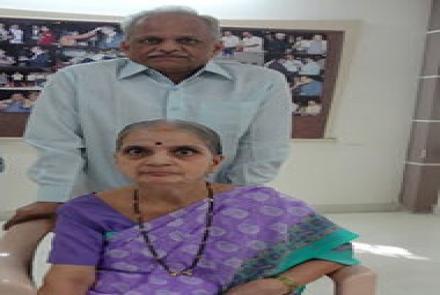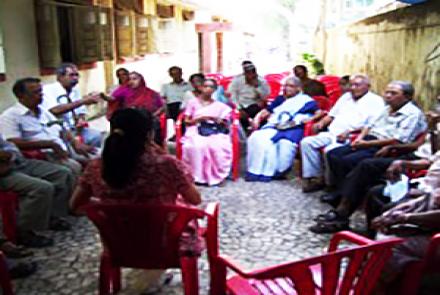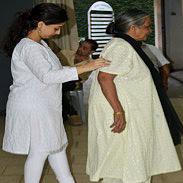
With Parkinson’s being a condition that mainly affects movements, traveling can become quite a difficult task. The most important thing to remember is that you must always plan ahead. By planning ahead of time, you will be able to organize everything that you need as well as decide on what mode of transportation you will take and arrange for the same. While it is important that you always have your medications at the times given by your doctor, if you know that you are going to be going out, you can take your medications a little later so that when you are traveling, you will be on your on-period for longer.
If you tend to lose your balance easily, make use of a walking stick to help you keep balance.
Here are some problems that many people with Parkinson’s may face while traveling along with simple solutions to these problems:
Self Driving
One major concern for people with Parkinson’s is whether they would have to stop driving. Many people with Parkinson’s are able to drive for many years after the diagnosis. However, there are many others who are not. As each person’s symptoms and rate of progression of the Parkinson’s is different, each one’s ability to drive would need to be assessed.
If you have Parkinson’s and try to drive, you may sometimes have difficulty in:
- reacting quickly to avoid a crash
- turning the steering wheel smoothly
- applying the gas pedal or push down the brake
Staying fit and active will help maintain your muscle strength that you need to drive. This will help keep you safely behind the wheel and on the road.
While assessing your ability to drive, firstly, it is important to speak with your doctor. If he/she feels that it is safe for you to drive then you can make a decision. After your doctor has given you the thumbs up, an easy way to decide whether you are safe to drive or not, is to ask yourself whether you would feel safe to drive with your loved ones in the car with you. Another way to know if you are fit to drive would be to see what your loved ones have to say. If you, your doctor and loved ones are confident about your driving, then you may go ahead and drive.
Your doctor can also refer you to a center or a specialist who can give you on and off-road tests to see if and how your Parkinson’s is affecting your driving. The specialist may also advise training to improve your driving skills if your Parkinson’s still allows you to drive safely. Improving your skills could help keep you and others around you safe. You can also call your local hospital and rehabilitation facility to find an occupational therapist who can help with the driving skills assessment.
If you can STILL DRIVE SAFELY and DO, observe the following MUST DOs:
Obtain a ‘Disability Certificate’, which must state that you are fit to drive with or without modifications to the vehicle.
- Always carry this certificate with you in the vehicle.
- Obtain permission to drive from the R.T.O., who will endorse your driver’s license.
- The front and back of your vehicle must have the ‘HANDICAPPED’ sign.
Inform your Insurance company about your handicap; you will get a rebate on the annual premium payable by you.
Explore the possibility of modifying your vehicle:
- Power steering
- Auto transmission
- Steering knob for single hand control
- Other driving controls depending on disability, e.g., left or right
- Swivel driving seat for easy entry & exit
Always wear your safety belt when you are driving or riding in a car. Make sure that every person who is riding with you also is buckled up. Wear your safety belt even if your car has airbags.
Caution – Riding a two wheeler may be unsafe after having been diagnosed with Parkinson’s.
Public Transport
Using public transport can be very difficult, and even more so for someone with Parkinson’s. It is important to remember that when you are traveling, you have an identity card or a small diary in your pocket or your purse. This should have your name, contact number and address and can also include other details like the names of your medication and the timings. In the event of an emergency, someone would be able to contact your family.
Trains: If you find it difficult to travel in trains due to your Parkinson’s, you can apply for a Disability Certificate. Once you are granted the certificate, you will be allowed to travel in the disability compartment of the train. Here are some handy tips to remember while traveling by train: make sure that the train has stopped moving completely before attempting to get in; make sure that you are either the first person to get into the train or the last; while climbing in the train, make sure that you hold the handle for support.
Bus: While traveling by bus, make sure that the bus comes to a complete halt before getting in; enter only from the front door so that the driver will not start before you enter; keep change handy in your pocket or purse so that you don’t have to struggle in the moving bus; while getting down from the bus, you can always tell the driver that you have difficulty getting in and out of the bus so to allow you to get off the bus completely before moving ahead.
Rickshaws and Taxis: Traveling by rickshaws and taxis can also be very difficult for many reasons. Firstly, there are times when you may find it difficult to get a rickshaw or a taxi and are left standing on the road for long periods of time. One way to avoid standing on the road, waiting for a rickshaw or a taxi would be to get contact numbers of some rickshaw or taxi drivers and if you know in advance that you will be traveling, you can contact them and ask them to take you.
Secondly, the rickshaw or taxi drivers may start driving before you have gotten in completely. In order to tackle this, you can inform the driver that you have a problem and that he should only drive once you have gotten in properly. Getting into the taxi or rickshaw can also be difficult.
Tips for getting in safely
While getting in, make sure that your back is facing the seat, then sit on the seat making sure not to bang your head on the roof of the vehicle, next take the leg facing the vehicle inside followed by the other leg. Once you have gotten in, make sure you are sitting comfortably. Only once you are comfortable you can ask the driver to start.


